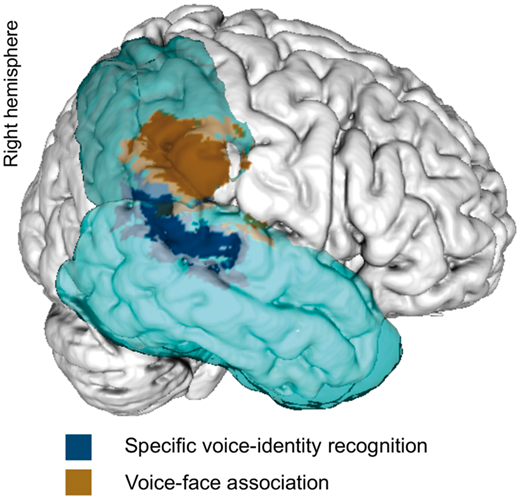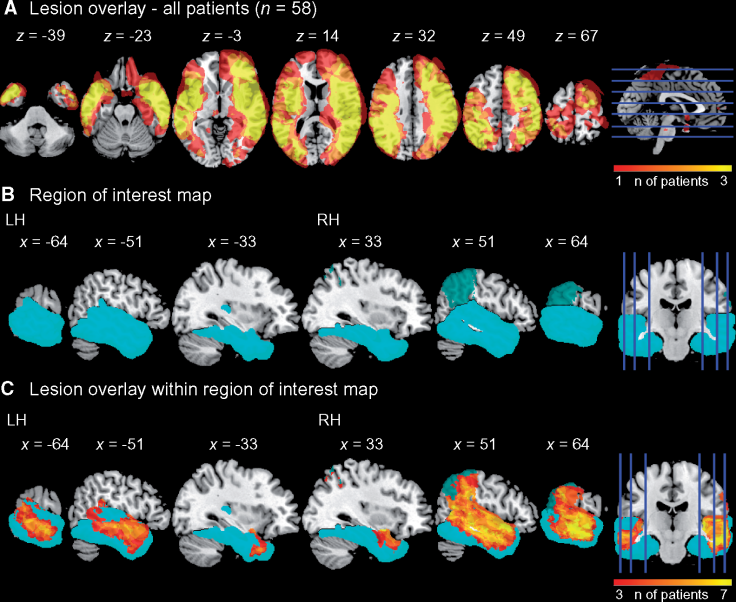How Do We Recognize Voices? Region Of The Brain Responsible Identified

Humans have been communicating with each other since we first walked the earth. From a series of grunts and gestures, our communication has spawned into languages and dialects based on geography. In fact this is so varied across the world that most of us would have a hard time communicating with humans from another place without Google translate.
Voice recognition is integral to how we communicate with each other. When we hear a familiar voice compared to an unknown one, there are huge differences in our talking pattern and style.
Until now, scientists were not able to locate the part of the brain responsible for this integral aspect of human communication.
Now, a team of scientists led by Claudia Roswandowitz from the Max Planck Institute for Human Cognitive and Brain Sciences has unveiled the mystery surrounding the voice recognition feature of our brain.
Two major factors determine how we communicate with a person. The first is the content of the conversation and the next most important thing is their voice. A topic can either lead to a mellow discussion or a heated argument, therefore this sets the tone of the conversation.
The next most important thing is how familiar the voice is. We immediately seem to soften when we hear a friendly or even familiar voice.
During the study, scientists noted that persons with lesions in certain areas of the right posterior temporal lobe faced huge difficulties in recognizing voices.

Geared with this discovery, the team of scientists compared this to people with normal voice cognition. They found that the posterior superior temporal gyrus plays a very crucial role in voice recognition.
They studied a total of 58 patients who had brain injuries in the form of lesions and studied their ability to process voices. The scans of their brains revealed the area affected in the people who could not recognize even voices they had heard throughout their lives.
"Very valid statements about which brain areas are responsible for which functions are derived from investigations in patients with lesions. If a certain part of the brain is injured and therefore a certain function fails, both components can be related to each other," said Roswandowitz.
In the past, researchers from Max Planck Institute for Human Cognitive and Brain Sciences have linked this area of the brain to voice recognition. They identified a condition called voice blindness (phonagnosia) in a few patients. During this study, two people who faced problems in determining voices were analyzed. Their condition was so severe that they couldn't recognize the voices of their immediate family.
It was the changes in the right posterior temporal lobe which resulted in their impairment.
Now, this comparative study of affected and unaffected brains has conclusively established this region to be integral to voice recognition. If any injury to the region occurs, we lose our ability to figure out exactly who is talking.
The study was published in science journal Brain on Dec. 8.
© Copyright IBTimes 2024. All rights reserved.





















